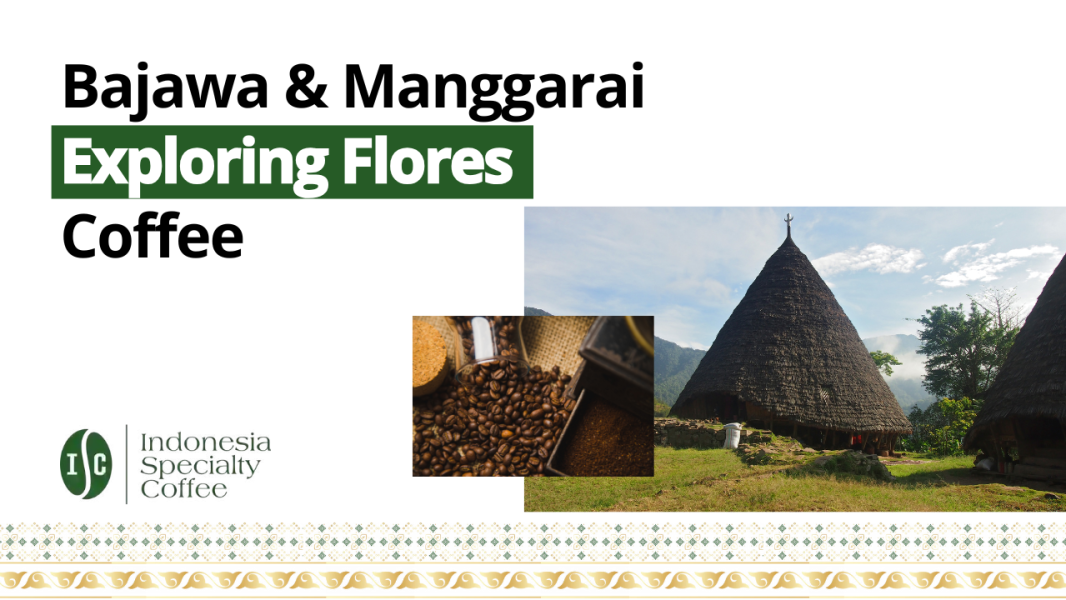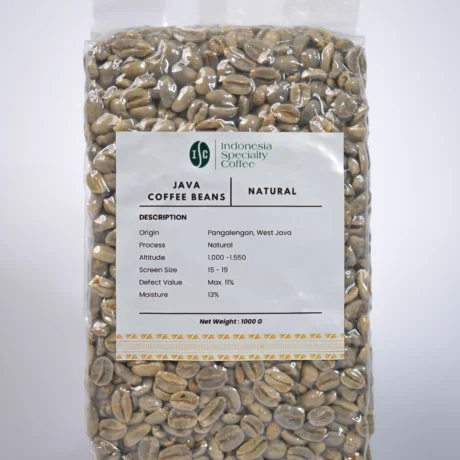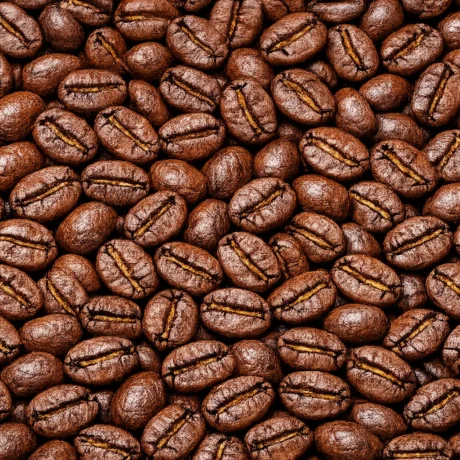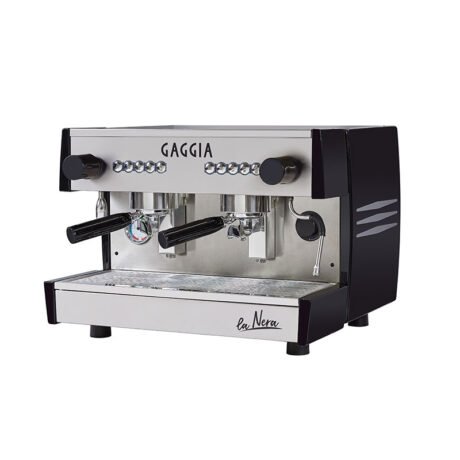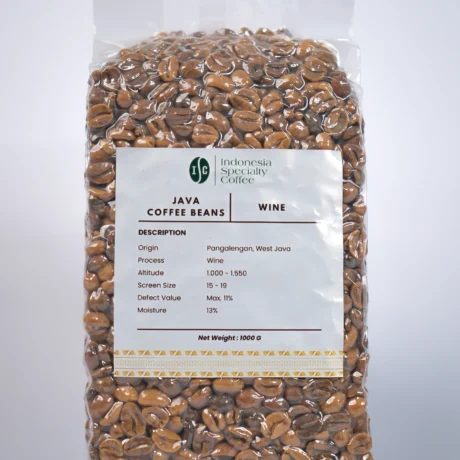Indonesia, an archipelago blessed with fertile volcanic soils and diverse microclimates, is a treasure trove for coffee enthusiasts. Beyond the widely recognized Sumatra Mandheling, lie other extraordinary single-origin Arabica coffees, each offering a unique sensory experience. Among the most celebrated are Flores Bajawa & Flores Manggarai. While all hail from the same coffee-rich nation, their distinct origins and characteristics carve out individual niches in the global specialty coffee landscape.
Flores Bajawa: The Balanced Elegance of Volcanic Terroir
Hailing from the high-altitude Ngada regency of Flores island in East Nusa Tenggara, Flores Bajawa coffee is almost exclusively Arabica. Cultivated between 1,200 to 1,800 meters above sea level, these beans thrive in the fertile volcanic soil enriched by ash from nearby volcanoes like Ebulobo and Inerie. The majority of Bajawa coffee is organically grown by small-scale farmers under the shade of trees, a testament to traditional, sustainable practices.
Bajawa coffee is often processed using the distinctive Indonesian “giling basah” or wet-hulling method, which involves partially drying the beans before removing the parchment layer. This process contributes to its characteristic greenish-blue hue and influences its unique flavor profile. Expect a cup with low to medium acidity and a medium to full body, offering a smooth and clean aftertaste. Flavor notes frequently include sweetness reminiscent of caramel and chocolate, often with nutty and woody undertones, and a subtle, intriguing hint of tobacco in the finish. Its balanced nature and complex aroma have earned Flores Bajawa Arabica Coffee a Geographical Indication (GI) certificate since 2012, solidifying its status as a premium single-origin.
Flores Manggarai: The Evolving Face of Flores Coffee
While Bajawa captures much of the limelight, the Manggarai Regency in western Flores is another significant coffee-producing region. Unlike Bajawa’s more singular focus, Manggarai cultivates both Arabica and Robusta, though its specialty coffee reputation is built on its diverse Arabica offerings. Here, producers are actively experimenting beyond the traditional wet-hulling, embracing washed, honey, and even experimental anaerobic natural processes.
Learn more about: Indonesian Coffee Process
This openness to diverse processing methods leads to a broader spectrum of flavor profiles for Flores Manggarai Arabica. Depending on the processing, you might encounter coffees with brighter, fruitier notes like orange, apricot, or tropical fruits, alongside the more familiar chocolatey and nutty undertones. The focus on meticulous processing and varietal separation allows for a nuanced exploration of flavors, appealing to those seeking more adventurous and evolving coffee experiences.
Arabica Dominance in Specialty Offerings
It’s crucial to note that when discussions revolve around the unique and highly prized flavor profiles of Bajawa & Manggarai, the focus is almost exclusively on their Arabica varieties. While Robusta is widely cultivated across Indonesia and forms a significant part of the country’s overall coffee production, these specific regional names are synonymous with the quality and complexity that Arabica beans, nurtured by their distinct terroirs and traditional processing methods, can achieve.
Choosing Your Best Cup
Ultimately, determining which of these Indonesian coffee gems “tastes the best” is a matter of personal preference.
- If you seek a balanced, sweet, and approachable cup with classic nutty and chocolate notes, Flores Bajawa is an excellent choice.
- For those craving fruity, brighter, and more experimental profiles influenced by diverse processing methods, Flores Manggarai offers an exciting journey.
The world of Indonesian coffee is rich and varied. Exploring these distinct Arabica origins is a delightful way to experience the unique flavors and stories that each region brings to your cup.
Get this coffee from us:

